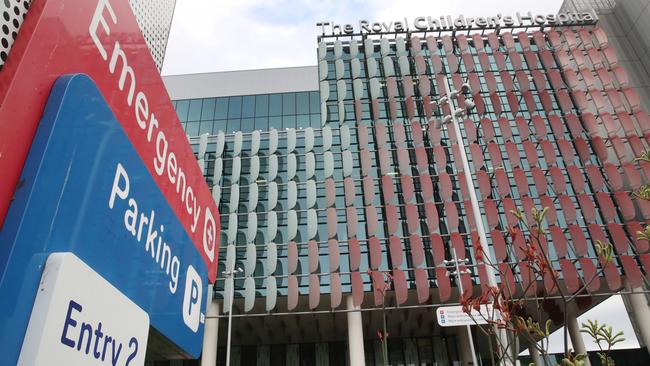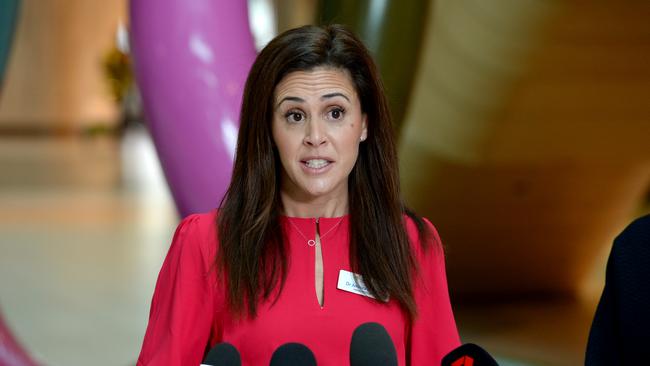Dangerous concussion myths harming Aussie kids
Many Australian parents are dangerously misinformed on concussions and unaware of a key symptom, while some leave their youngster’s injury untreated. So what should you do?
Victoria
Don't miss out on the headlines from Victoria. Followed categories will be added to My News.
Australian parents are misinformed on concussions, with half unaware of a common symptom and thousands allowing their kids to keep playing after a head knock.
Almost thirty per cent of parents surveyed by the Royal Children’s Hospital national child health poll wrongly believe concussions always involve blacking out, while more than half did not know treatment existed.
More than a quarter of children had a head injury, while 14 per cent were diagnosed with a concussion by a professional.
But many are likely unreported, with a quarter of parents wrongly believing helmets stop all concussions.
The data, based on a survey of almost 2000 Australian parents and released on Wednesday, shows one in five parents think children can keep playing post-head knock if they feel okay.

More than half of parents were unaware anxiety was a concussion symptom, followed by irritability (39 per cent), neck pain (28 per cent), fatigue (26 per cent) and light or noise sensitivity (21 per cent).
About one in six did not know concentration and balance difficulties, confusion, nausea and vomiting or dizziness were symptoms, while 12 per cent could not identify headaches.
Pediatrician and poll director Dr Anthea Rhodes said some children “might not be getting the treatment they need”.
“We had a third of parents telling us they had little to no knowledge of concussion, even though it’s very common in children of all ages,” she said.
“Children can actually have more serious impacts … because the brain is still developing.”
She said most concussions do not involve passing out and helmets — while important — do not always prevent them because they are “on the outside of the head”.

“Concussion is an injury to the brain that happens when the brain moves quickly within the skull and the brain actually hits against the inside of the skull,” she said.
One third of parents wrongly thought that symptoms appear immediately (they can be delayed by weeks), diagnosis requires a brain scan or children recover quicker, while one in six thought concussions only occur in contact sport.
Dr Rhodes said concussed children should not keep playing because it could prolong their recovery and a delayed reaction time increases their injury risk.
“It can take up to four weeks to recover,” she said.
She said there are “effective treatments” and children should rest, particularly in the first 48 hours; take paracetamol for headaches if needed and return to normal activities such as school and sport “slowly” once symptoms stop.
“There is no need to wake a child through the night to check on them unless a health care professional has advised you to do so.’
More Coverage
Originally published as Dangerous concussion myths harming Aussie kids




